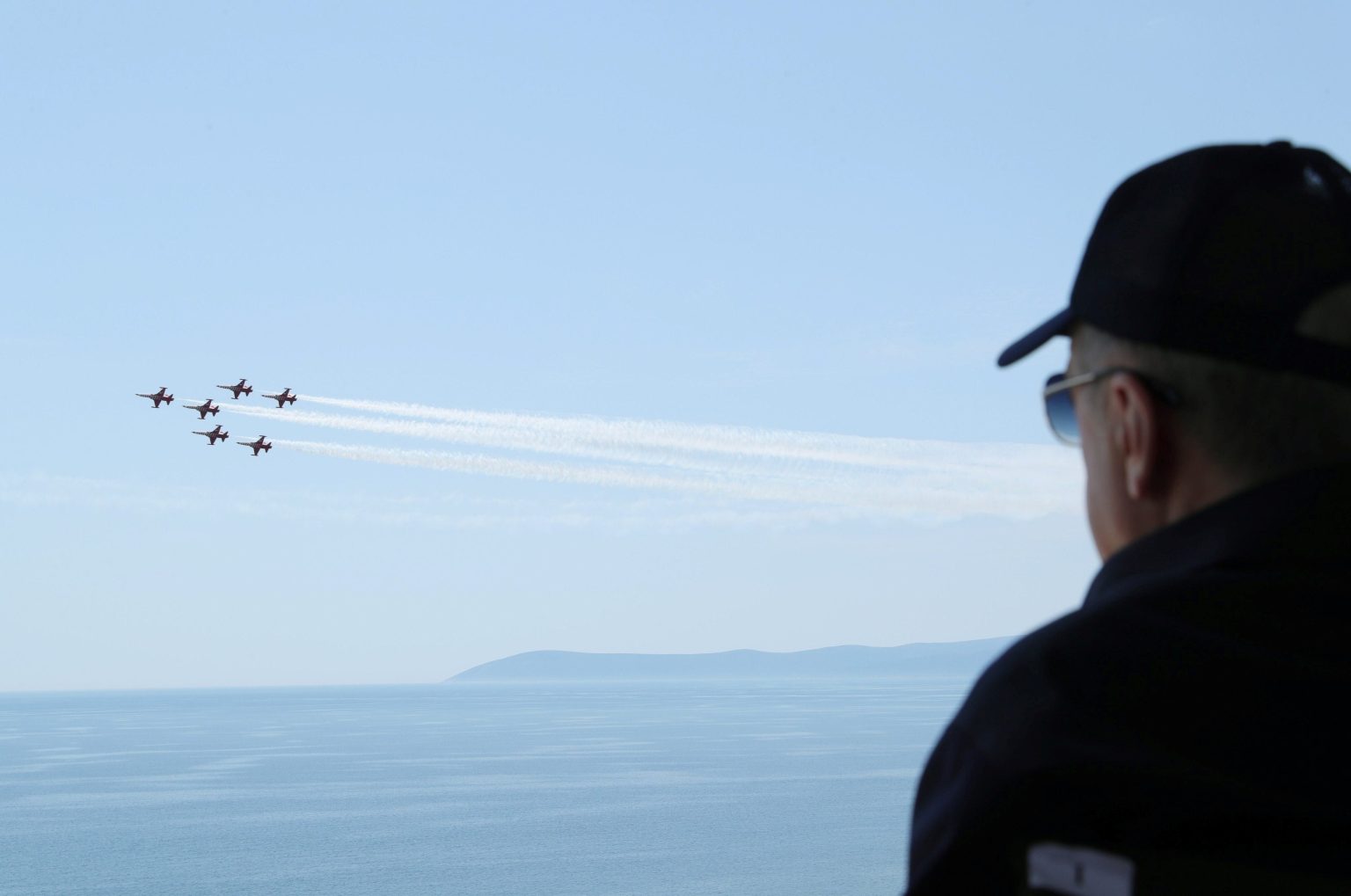Greece views Turkey’s expansionist ambitions within NATO as a significant threat, echoing concerns about Russia’s actions in Ukraine. The historical rivalry between Greece and Turkey, rooted in the Cyprus dispute and nearly escalating to war in the 1990s, continues to simmer. While recent relations have appeared less volatile, Turkish President Erdoğan’s aggressive pursuit of regional resources and controversial geopolitical maneuvers in the Middle East and Aegean Sea have fueled concerns about his neo-Ottoman ambitions, which some interpret as a desire to reclaim territories once part of the Ottoman Empire, including parts of Greece and other neighboring countries. This perceived expansionism creates friction within NATO and poses a significant challenge to the alliance’s unity and stability. Greece’s defense minister expressed concerns that this “daydream,” as he termed it, could escalate into real-world conflicts, further destabilizing the region and undermining NATO’s collective security.
Erdoğan’s aggressive foreign policy extends beyond Greece, encompassing countries like Iraq, Yemen, Libya, and Israel. His domestic policies have also drawn criticism for their oppressive nature, targeting minorities, journalists, and political opponents. These actions have not only hindered Turkey’s aspirations for EU membership but also carry broader geopolitical implications, particularly for the United States. Turkey’s targeting of the Syrian Democratic Forces (SDF), a key U.S. ally in the fight against ISIS, presents a significant challenge to the ongoing campaign against terrorism. Greece’s defense minister stressed the importance of not abandoning allies like the Kurds who have played a crucial role in combating ISIS, highlighting the potential consequences of neglecting their contributions and the continued threat posed by extremist ideologies.
The complex dynamics in the region, including the instability following the Syrian conflict and the close relationship between Erdoğan and former U.S. President Trump, raise concerns about Turkey’s future actions. While some fear that this relationship might embolden Erdoğan, others believe it could offer an opportunity for Trump to influence him towards respecting international law and norms. Greece argues that encouraging Turkey’s aggressive behavior would be detrimental to both NATO and the United States, given the existing tensions in the Middle East and the ongoing conflict between Russia and Ukraine. Maintaining stability and adherence to international law is crucial, especially considering the broader geopolitical landscape.
Turkey’s recent “Blue Homeland” military exercises in the Black, Mediterranean, and Aegean Seas have further escalated tensions with Greece. These exercises, perceived by Greece as a show of force, have reignited longstanding maritime disputes and highlighted Turkey’s neo-Ottoman approach. Turkey claims sovereignty over several Greek islands in the Aegean Sea, and some even extend this claim to Crete, a strategically important island with a significant NATO presence, including a U.S. base. These territorial claims further exacerbate the already tense relationship between the two NATO allies and contribute to the instability in the region.
Greece’s strained relationship with Turkey necessitates a robust defense posture, prompting the country to prioritize defense spending. This issue resonates within NATO, where former President Trump’s push for increased defense spending by all member states to 5% of GDP has been a key discussion point. Greece consistently ranks among the top defense spenders in NATO, exceeding the 2% GDP target, while Turkey lags behind. Greece emphasizes the importance of a collective understanding within NATO regarding security threats and the need for adequate defense spending, regardless of specific target percentages.
The core of the issue lies in the disregard for international law and treaties. Greece argues that nations that disregard international norms, borders, and treaties pose the most significant threat to global stability, not just to Greece. This disregard for international law undermines the foundation of international relations and creates an environment conducive to conflict. The focus should be on upholding international law and resolving disputes through diplomatic means rather than through military posturing or aggressive territorial claims. This stance highlights the importance of multilateralism and respect for international law in maintaining global peace and security. While Turkey defends its actions as protecting its national interests within the framework of international law, the differing interpretations and escalating tensions underscore the need for dialogue and de-escalation within the NATO alliance.















